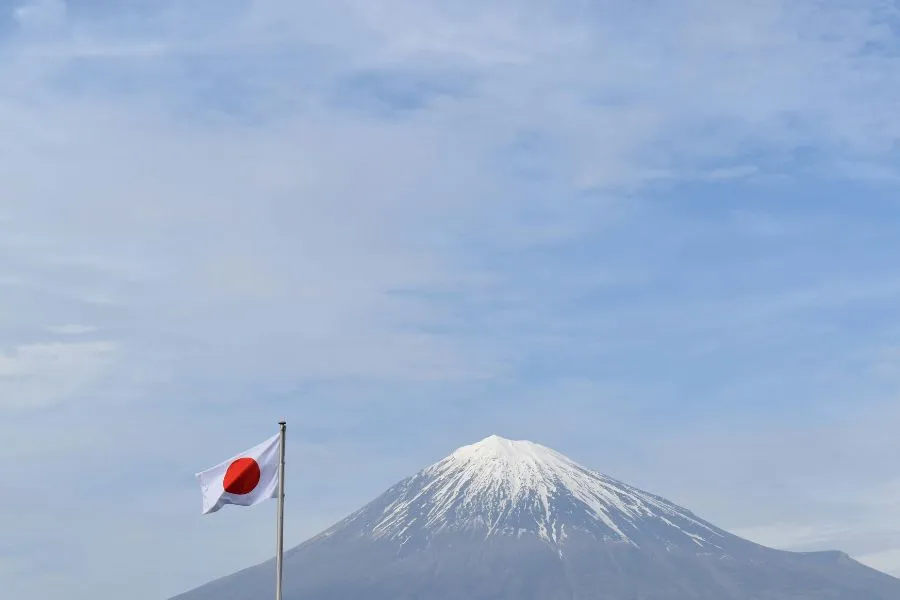If you’ve been dreaming of launching your business in Japan, home to bullet trains, vending machines for everything, and one of the world’s most stable economies, 2025 might not be the easiest year to do it. Japan is tightening the screws on its Business Manager Visa, the main route foreign entrepreneurs use to set up shop in the country.
Starting October 16, 2025, the new rules will raise the financial bar, introduce language proficiency requirements, and impose stricter checks to weed out non-genuine ventures. Let’s unpack what’s really happening, why it’s changing, and whether starting a business in Japan is still worth your while.
Key Takeaways
What Is Japan’s Business Manager Visa and Why Does It Matter
Japan’s Business Manager Visa is the country’s golden ticket for foreign entrepreneurs, investors, and business founders. It’s specifically designed for individuals who plan to start or manage a company in Japan. Think of it as the entrepreneurial counterpart to a work visa, except here, you’re your own boss.
The visa allows holders to:
- Establish or manage a Japanese business.
- Live and work legally in Japan for renewable one-year or multi-year periods.
- Bring dependents under certain conditions.
Also Read: Can You Get Permanent Residency in Japan Through a Work Visa?
Traditionally, applicants needed to invest at least JPY 5 million (around USD 33,000) or employ at least one full-time Japanese national to qualify. It has been a key entry point for small business owners, freelancers transitioning into startup founders, and overseas investors seeking a foothold in Japan’s thriving economy.
The visa matters not only for entrepreneurs; it’s part of Japan’s broader economic strategy to attract innovation, investment, and global talent. But now, that open-door policy is narrowing.
What’s Changing in October 2025?
Starting October 16, 2025, Japan’s Immigration Services Agency will introduce sweeping reforms that redefine what qualifies as a “real business” under the visa. The biggest updates include:
- Capital requirement increase: From JPY 5 million to JPY 30 million, signaling Japan wants only well-funded, serious investors.
- Employment rule: Applicants must hire at least one full-time Japanese citizen or a permanent/long-term resident.
- Japanese language proficiency: Either the applicant or their full-time employee must hold JLPT N2 level or equivalent, ensuring smoother communication and integration.
- No more virtual offices: Physical, verifiable business premises are now mandatory.
- Enhanced vetting: Business plans must be validated by certified accountants or legal professionals, with on-site verification possible before visa approval.
Find Out If You Can Still Start Your Business in Japan in 2025!
We connect you with trusted immigration experts who simplify the entire process — from paperwork to approval.
Existing visa holders get a small reprieve if their renewal or application is submitted before October 16; the older criteria still apply. But after that date, both new and renewal applications must satisfy these upgraded standards.
Why Is Japan Tightening Its Visa Policy for Entrepreneurs?
At first glance, it might seem like Japan is closing its doors to foreign talent, but the story is more nuanced. The government’s rationale is rooted in credibility and sustainability.
In recent years, authorities discovered that some applicants used the Business Manager Visa merely as a loophole to stay in Japan without running a genuine business. There were cases of shell companies, virtual offices, and one-person setups that contributed little to Japan’s economy.
The new rules aim to:
- Prevent abuse of the visa system.
- Ensure businesses create real jobs and contribute to local economies.
- Promote integration, not isolation, hence the language requirement.
- Align with Japan’s broader talent strategy, which rewards genuine entrepreneurship over nominal setups.

In essence, Japan wants quality over quantity, real entrepreneurs who are financially capable, culturally engaged, and operationally active in the country.
How the New Rules Affect Foreign Startups and Investors
For small-scale entrepreneurs, the jump from ¥5 million to ¥30 million is massive, that’s roughly a sixfold increase. It’s likely to price out many early-stage founders who might have considered Japan a testing ground for their ideas.
Here’s what this means in practice:
- Higher entry barriers for solo founders and small startups.
- More preparation time is needed to meet financial and staffing criteria.
- Longer visa processing times, given the extra verification layers.
- Existing holders will face stricter renewals once the new rules kick in.
However, for serious investors or established businesses, these changes might actually be beneficial fewer “paper entrepreneurs” means less competition and more credibility in Japan’s business ecosystem. The reforms could also encourage partnerships with local firms, as foreign founders seek Japanese collaborators to meet the new employment and integration standards.
Also Read: How to Get Permanent Residency in Japan: Visa to 永住権 (Permanent Resident Status)
Can You Still Qualify Under the New Criteria?
Yes, but you’ll need to step up your game. Under the post-October 2025 standards, applicants must meet all of the following:
- Capital Investment: Minimum ¥30 million (≈ USD 200,000) to start or manage a business.
- Employment: Hire at least one full-time Japanese national or permanent/long-term resident.
- Business Premises: Have a real, physical office (co-working spaces and virtual addresses won’t count).
- Language Proficiency: Applicant or employee must prove Japanese proficiency (JLPT N2 or higher).
- Business Plan Validation: Certified professionals must verify your plan’s feasibility and compliance.
Applicants should prepare a strong business plan, include proof of sufficient capital in Japanese bank accounts, and demonstrate real operational intent, like signed leases, supplier contracts, or client letters.

If you’re already in Japan on this visa, renew early under the old rules if possible. For new applicants, start gathering capital and building your team well in advance.
What Alternatives Exist for Entrepreneurs After 2025?
If the new Business Manager Visa feels out of reach, don’t lose hope. Japan offers a few alternative pathways for innovative or skilled professionals who want to live and work there:
- Startup Visa: Ideal for entrepreneurs in early stages, supported by local municipalities or startup incubators. This visa allows you to build your business within a year before switching to a Business Manager Visa.
- Highly Skilled Professional (HSP) Visa: Suitable for those with advanced degrees, specialized skills, or high incomes. It offers fast-track residency, work flexibility, and family privileges.
- Intra-Company Transferee Visa: If your foreign company has a Japanese branch, you can transfer employees to Japan for management or specialized roles.
- Investor/Business Manager partnerships: Foreigners may also partner with Japanese citizens who handle local compliance and management while retaining ownership stakes.
These routes may require different eligibility thresholds, but they keep Japan open to genuine, skilled, and creative professionals.
Conclusion: A Tougher Gate, But Still Open for the Right Talent
Japan isn’t closing its doors; it’s locking the side gates and building a stronger front entrance. The 2025 reforms make entrepreneurship in Japan more demanding, but also more legitimate.
For those serious about establishing a lasting business, the changes could even be an advantage: fewer weak players, clearer rules, and more respect from local partners and investors.
If you’re considering Japan as your next business base, 2025 is your year to act, either to apply before the cutoff or to prepare for the new landscape with confidence, capital, and commitment.
Reference: https://kpmg.com/xx/en/our-insights/gms-flash-alert/flash-alert-2025-195.html





